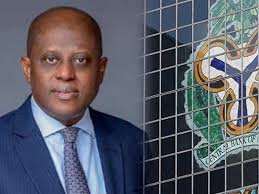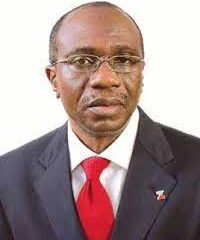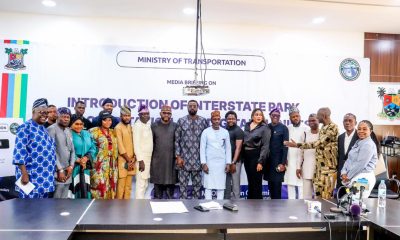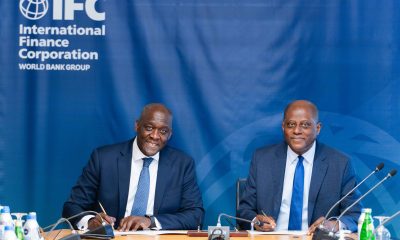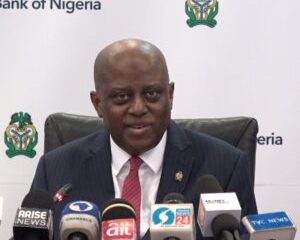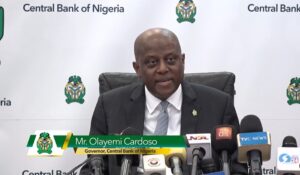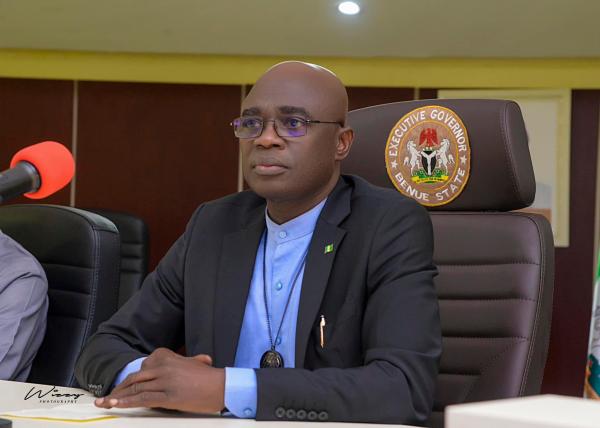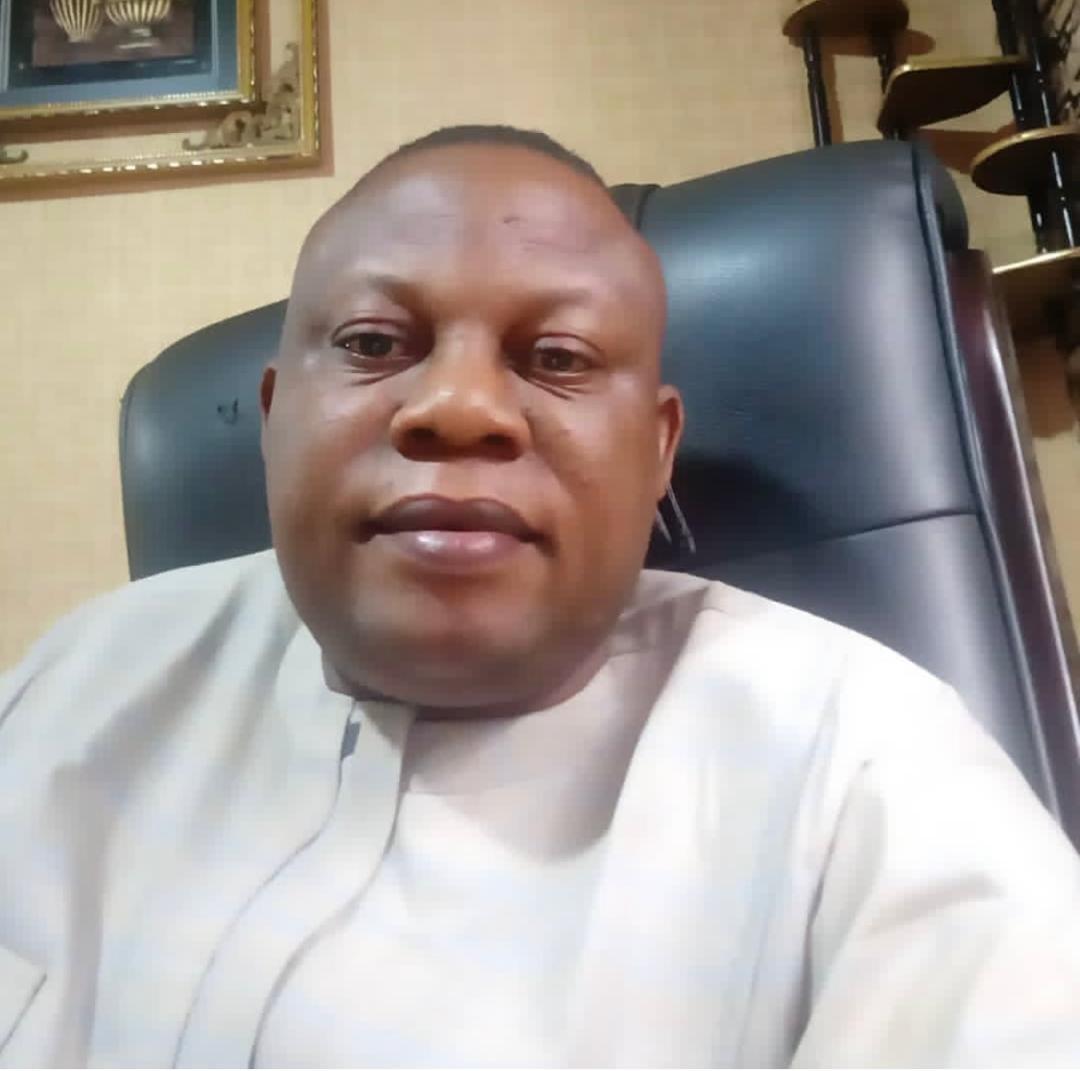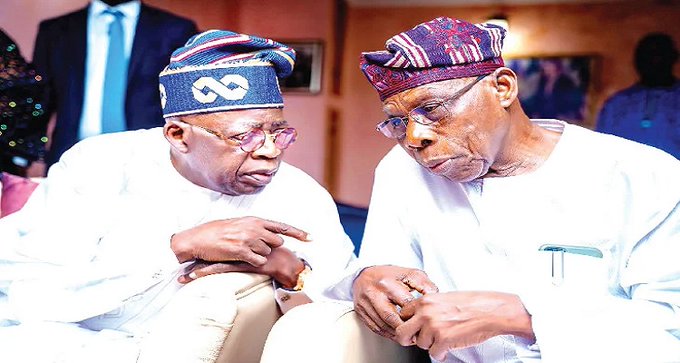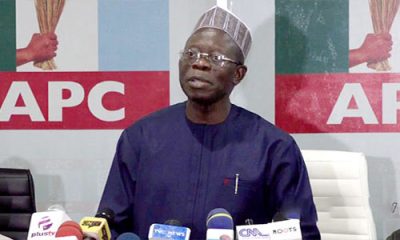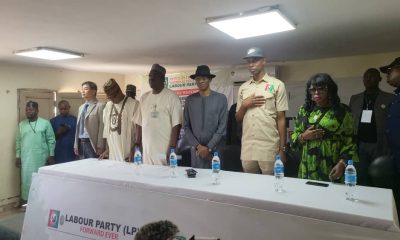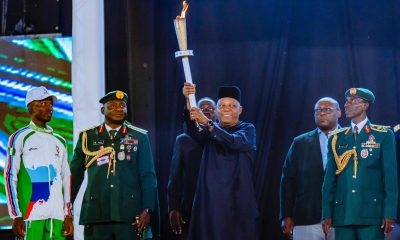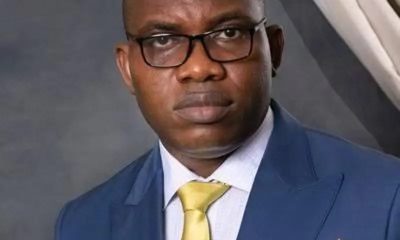National
CBN reassures depositors of funds’ safety

National
NAFDAC alerts Nigerians on fake products
National
ICPC tracks N610 billion projects in 22 states
National
FG awards contracts for Calabar, Ebonyi, Benue, Kogi, Nasarawa, Abuja highways
National
Alia approves ₦75,000 minimum wage for Benue workers
National
Lagos court jails NOGASA chair 21 years for N43.5m fraud
National
Obasanjo was not an idealleader to emulate—Presidency
-
Metro15 hours ago
NAFDAC uncovers warehouse with unregistered products in Lagos
-
Metro21 hours ago
NSCDC operatives kill 50 Boko Haram members in ambush
-
News24 hours ago
Oshiomhole Rejected Son’s Commissioner Nomination – Edo Deputy Governor
-
Politics18 hours ago
LP vows to wrestle presidency from APC in 2027
-
News4 hours ago
Tinubu should be blamed for PDP crisis – Sowunmi
-
Sports3 hours ago
AMGA 2024: Tinubu charges military to address insecurity in Africa
-
Education20 hours ago
Tinubu sacks NAU VC, dissolves governing council
-
Entertainment6 hours ago
African Military Games: Yemi Alade, Olamide, D’banj to Headline Opening Ceremony
-
Football24 hours ago
Arsenal Legend Patrick Vieira Takes Over as Genoa’s New Head Coach
-
News4 hours ago
CAF Awards: Oshoala Missing as Nnadozie, Ajibade bag nomination
